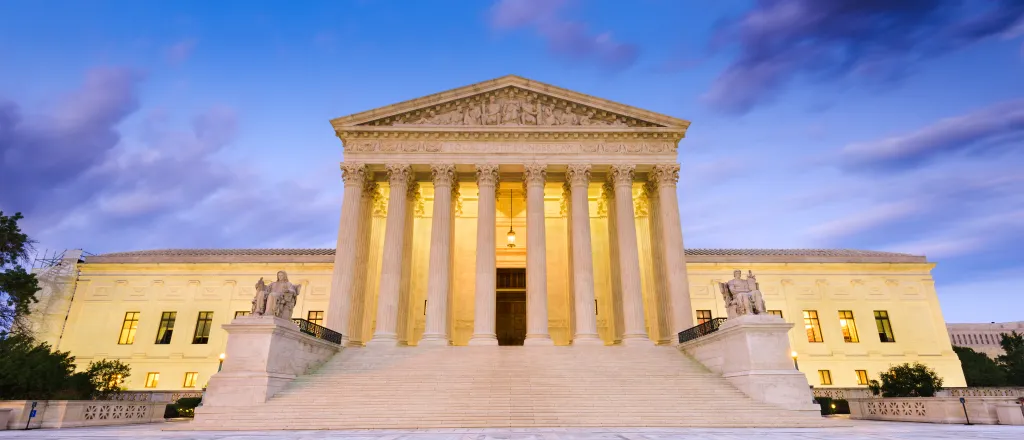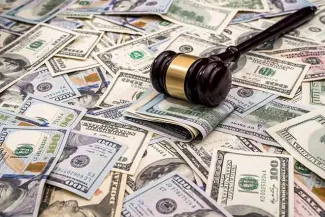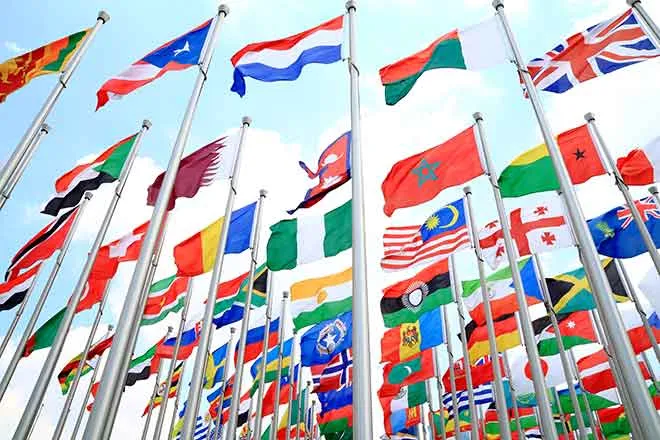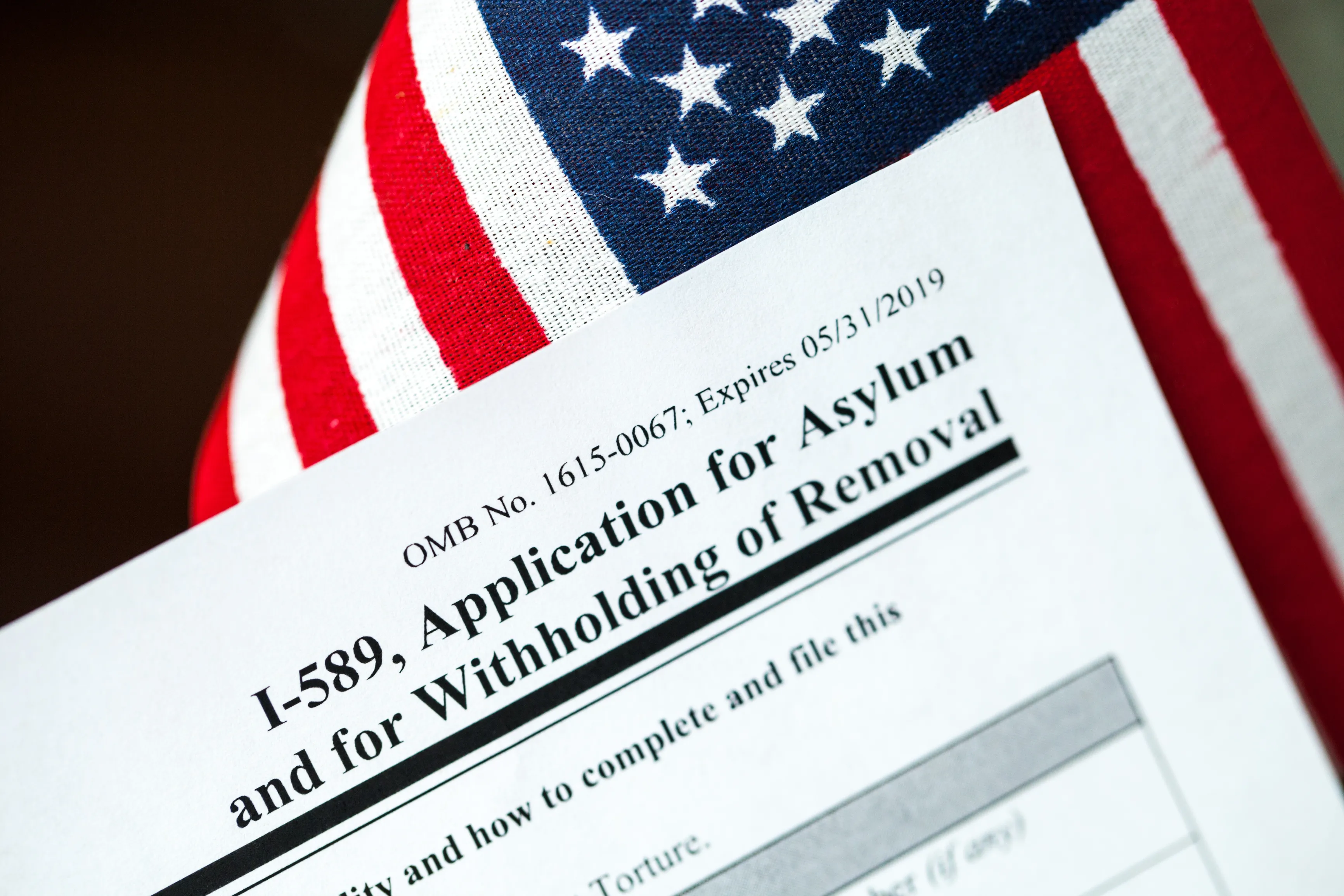
Analysis: Corruption in U.S elections legal thanks to SCOTUS
© iStock - SeanPavonePhoto
Click play to listen to this article.
After Elon Musk, a man once worth $327 billion, spent a quarter billion to elect Donald Trump, he was rewarded with unprecedented powers over the federal government.
Brandon Novick, policy coordinator with the Center for Economic and Policy Research, says blatant corruption in the United States is not new. And it's legal, thanks to the U.S. Supreme Court's Buckley versus Valeo ruling in 1976.

© iStock - alfexe
"That decision was the root one that said that 'money is speech' and that people can infinitely spend in elections. In Citizen's United, basically the court said based on this, we're saying corporations, not just individuals, can infinitely spend in elections," he explained.
To avoid the appearance of quid pro quo corruption, Novick said the nation's highest court clarified that unlimited spending to influence the outcome of an election is OK, so long as the cash is spent independently and not in coordination with a candidate's official campaign.
Billionaires are not just buying power from Republicans. Novick pointed to Reid Hoffman, who spent some $17 million on the Kamala Harris campaign. When Hoffman called for the Federal Trade Commission's chair Lena Kahn to get the boot, Harris refused to commit to keeping Kahn in her post.
"This issue is bipartisan. The establishments of both parties are not working to solve it. But the current Trump administration is the greatest example of blatant billionaire control bought through bribes in campaign spending," Novik said.
Good-government groups have long argued that in American democracy, one citizen - not one dollar - should equal one vote. Novick said there are only two viable pathways to get money out of politics. The U.S. Supreme Court could overturn previous decisions, which is unlikely since many of today's Justices were involved in Citizen's United.
"The only other way to get past this is a constitutional amendment to overturn their decision and get money out of politics. Because if Congress just passes a law, they'll strike it down," he added.
















